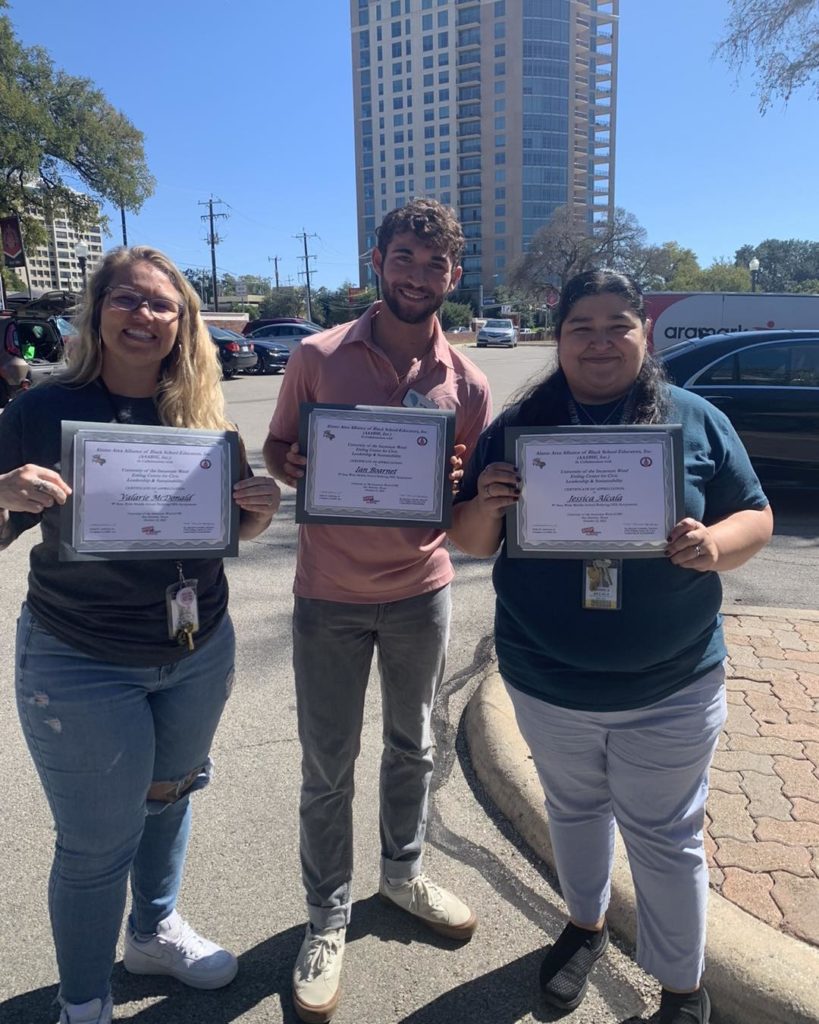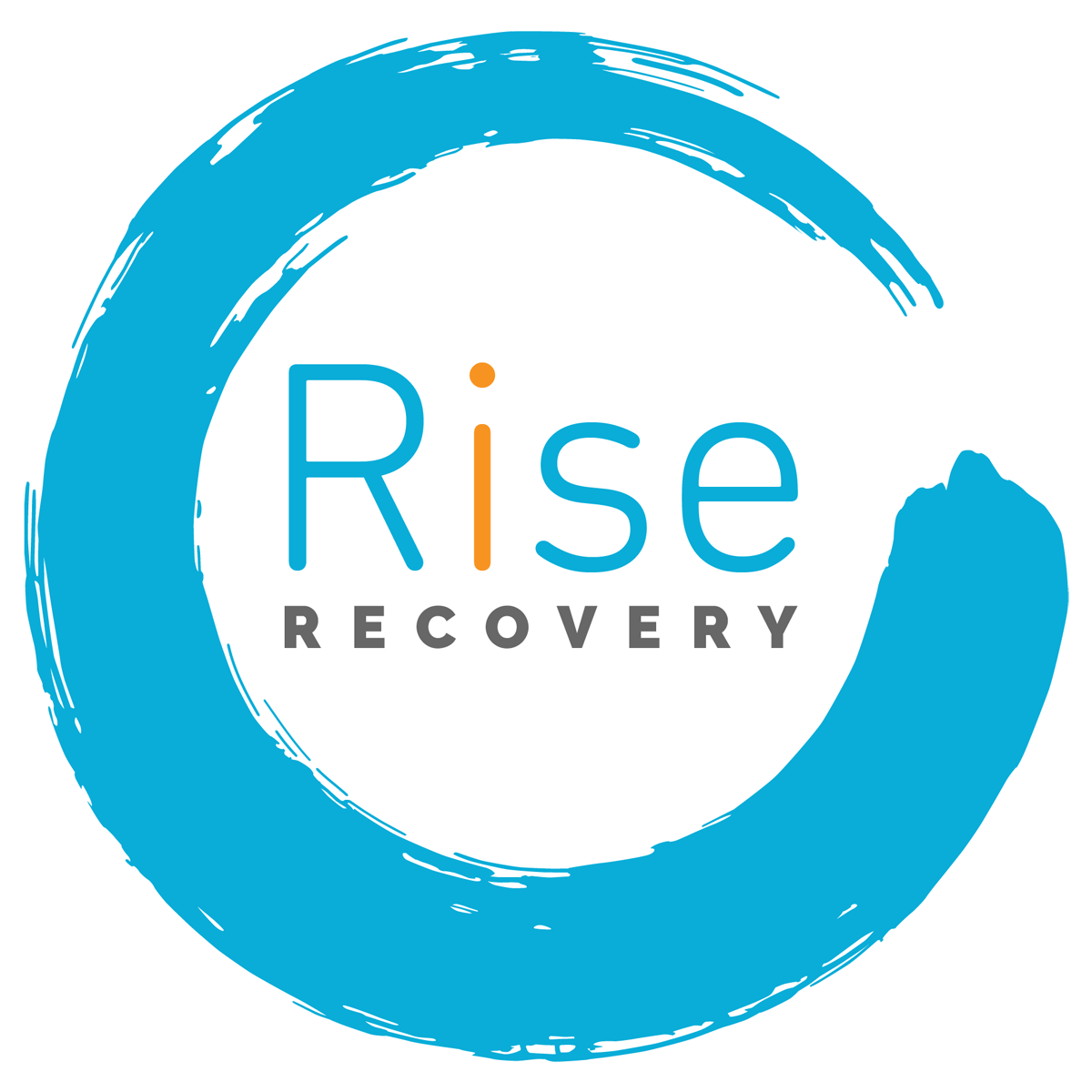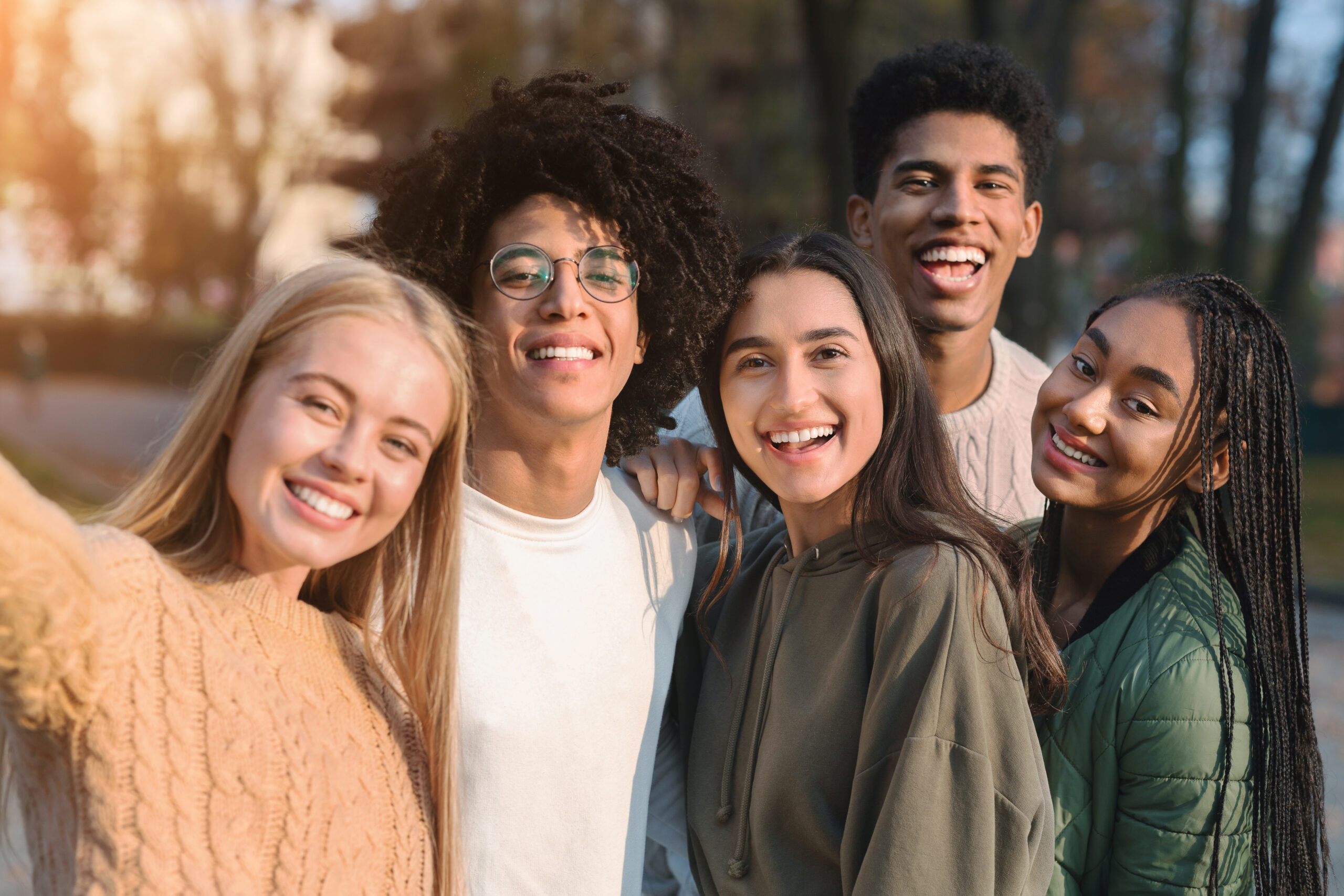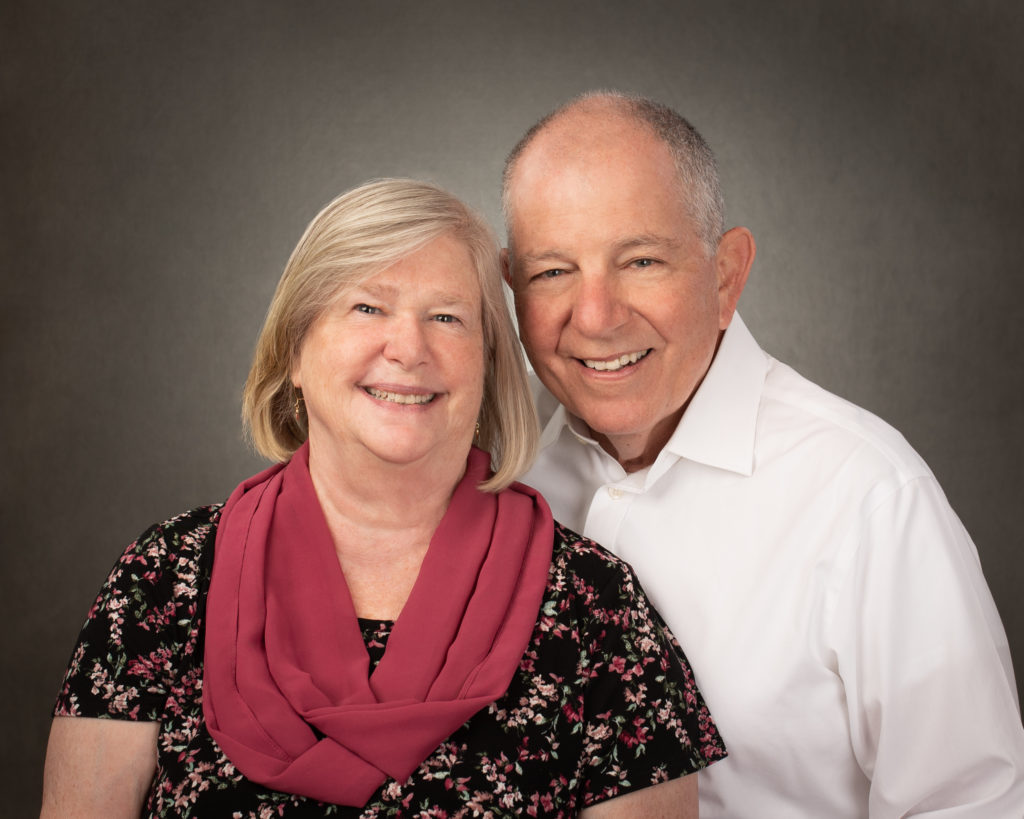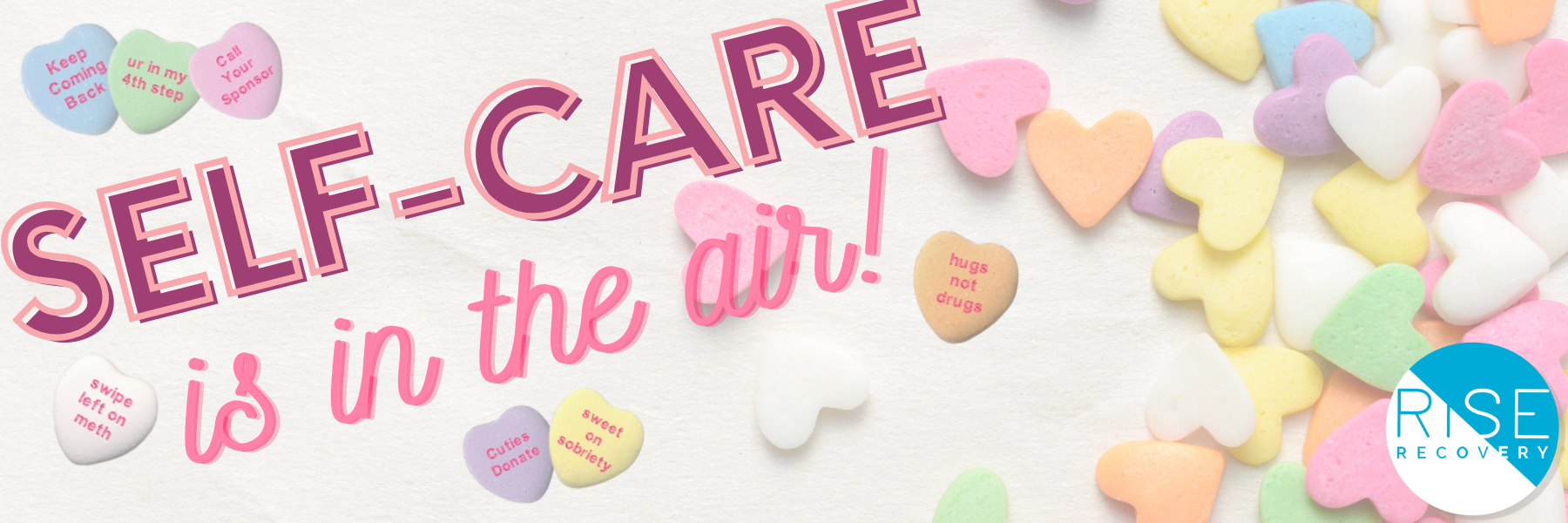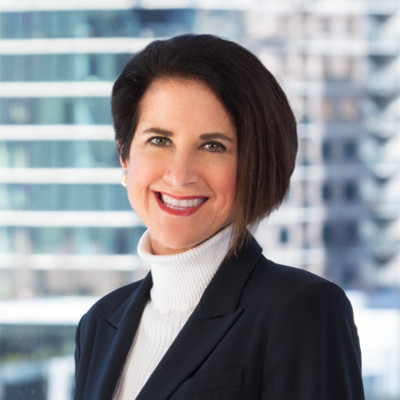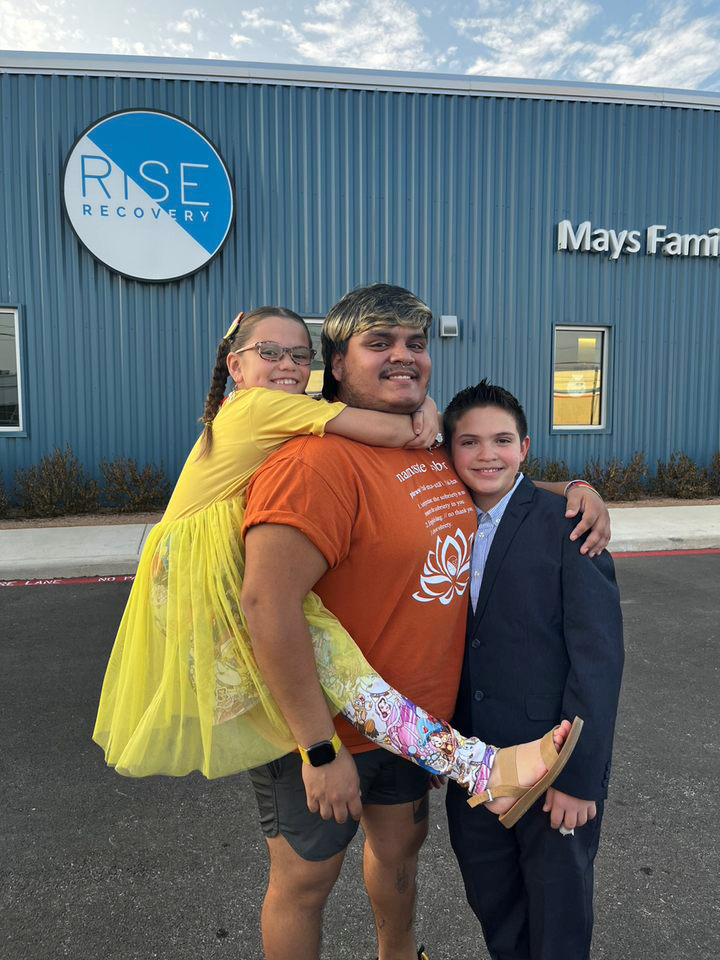Cannabis and Its Derivatives: A Cautionary Tale for Texas Youth
Evita Morin, LMSW
As the CEO of Rise Recovery, a non-profit organization dedicated to helping individuals and families overcome substance use, I’ve witnessed firsthand the devastating impact that unregulated cannabis products can have on our youth. As April 20th, or “4/20” approaches, youth and young adults are typically made aware by their peers that this date is strongly associated with the use and celebration of “weed.” We are here to challenge the status quo, so today we are here to highlight the concerns surrounding cannabis-related products, to educate parents on concealed vape products, and to underscore the alarming attraction these products hold for our young people.
1. The Unregulated World of Vape Shops
Across Texas, vape shops have been popping up in alarming numbers, often in close proximity to schools and other areas frequented by young people. These establishments, while marketed as a “healthier” alternative to traditional cigarettes, have become a gateway to the world of marijuana and its derivatives. Many of these shops sell a wide range of vape products, including those that contain mind-altering compounds found in hemp and cannabis.
2. Concealed Vape Products: A Dangerous Trend
One particularly concerning trend is the rise of concealed vape products, which are designed to look like everyday items such as pens, USB drives, or even asthma inhalers. These discreet devices make it easy for young people to use marijuana and other substances without the knowledge of their parents or teachers. The ease of access and the ability to conceal these products have contributed to a significant increase in youth vaping and the use of cannabis-derived products.
3. The Allure of Marijuana for Texas Youth
The appeal of cannabis and its derivatives, such as chemical-infused candy and vape cartridges, is particularly strong among Texas youth. Many young people are drawn to the perceived “safety” of these products, believing them to be a harmless alternative to traditional drug use. However, the reality is far more complex and concerning. Unregulated cannabis products can contain a wide range of contaminants, including pesticides, heavy metals, and synthetic additives, which can have serious health consequences. Additionally, the long-term effects of these products on the developing brains of young people are not yet fully understood, but early research suggests that they can lead to cognitive impairment, mental health issues, and an increased risk of addiction.
4. The Link Between Early Drug Use and Substance Use Disorder
According to the Substance Abuse and Mental Health Services Administration (SAMHSA), early use of drugs can cause changes in the developing brain and increase the likelihood of progressing to drug addiction. Furthermore, research has shown that adolescent alcohol or drug use can accelerate very quickly when an untreated mental health disorder is present, with problematic use emerging within months. The SAMHSA report also states that “Substance use can permanently affect the developing brain leading to addiction and other negative changes in cognitive functioning.” This underscores the critical importance of addressing the issue of unregulated cannabis products, as early engagement in drug use can significantly increase an individual’s risk of developing a substance use disorder later in life.
As the CEO of Rise Recovery, I urge parents, educators, and policymakers in Texas to take a proactive approach in addressing the growing threat of unregulated cannabis products. We must work together to educate our youth about the dangers of these substances, strengthen regulations around vape shops and concealed vape products, and provide comprehensive support and resources for those struggling with substance use. By taking a stand against the normalization of youth engaging in cannabis and its derivatives, we can protect the health and well-being of our young people and build a safer, more resilient community for all Texans.
To learn more about how to stay involved in this issue, join the Circles of San Antonio Coalition, an initiative of one of our partner agencies, SACADA, that is working with agencies like Rise Recovery and advocates like you to address these issues.
References:
Substance Abuse and Mental Health Services Administration. (2019). Key substance use and mental health indicators in the United States: Results from the 2018 National Survey on Drug Use and Health. Retrieved from https://www.samhsa.gov/data/sites/default/files/cbhsq-reports/NSDUHNationalFindingsReport2018/NSDUHNationalFindingsReport2018.pdfTaskiran, E. (2021).
Adolescent Substance Use and Mental Health. American Academy of Child and Adolescent Psychiatry. Retrieved from https://www.aacap.org/AACAP/Families_and_Youth/Facts_for_Families/FFF-Guide/Adolescent-Substance-Use-and-Mental-Health-106.aspx
Creating a Supportive School Environment for Youth Substance Use Prevention
Evita Morin, LMSW
Welcome to the Rise Recovery community blog, where we share insights and strategies to support our youth in leading healthy, substance-free lives. Today, we’re focusing on the vital role that educators and school administrators play in this mission. By fostering a supportive environment, we can empower young people to make positive choices and offer early intervention when needed.
Here are five steps that school communities can take:
1. Implement Evidence-Based School Programs
Research shows that school-based interventions combining social competence and social influence approaches can be effective in preventing substance use among adolescents1. These programs often promote a positive school ethos and engage students in developing their social skills and understanding peer influences. By incorporating such programs into the curriculum, schools can provide students with the tools they need to resist substance use.
2. Foster a Recovery-Oriented System of Care
A recovery-oriented system of care (ROSC) is a network of community-based services that support a person’s journey towards recovery. In a school setting, this means creating an environment that understands the challenges faced by individuals with substance use issues and provides support without judgment. Schools can collaborate with organizations like Rise Recovery to ensure that students and families have access to the necessary resources and support2.
3. Encourage Early Intervention
Early intervention is key to preventing substance use disorders from escalating. Schools can play a crucial role by offering screening and brief interventions for students at risk3. Teachers and counselors can be trained to recognize the signs of substance use and to provide motivational interviewing to help students reflect on their choices and consider changes.
4. Utilize Restorative Practices
Restorative practices in schools focus on repairing harm and restoring relationships rather than punishment. These practices can be particularly effective for students struggling with substance use issues, as they encourage accountability and provide opportunities for making amends4. By integrating restorative practices, schools can help students learn from their mistakes and reconnect with their community.
5. Provide Access to Resources and Support
It’s essential to have a list of resources readily available for those who need additional help. Schools can create a resource hub that includes information from SAMHSA and other organizations offering tips, fact sheets, and mobile apps on substance misuse prevention5. Additionally, Rise Recovery’s programs and services can be a valuable asset for students and families seeking specialized support6.
If you’re a teacher, counselor, or administrator who has encountered a student or family in need of further assistance, don’t hesitate to connect with Rise Recovery. Our mission is to help young people and their families overcome the effects of drugs and alcohol, and we’re here to guide you through the process of getting the help they need2.
Remember, the language we use matters. Always use person-first language to describe individuals with substance use issues, and avoid terms that perpetuate stigma. By doing so, we create an inclusive and supportive environment for all.
For more information on how to support youth in your school community or to learn more about Rise Recovery’s services, please visit our website at www.riserecovery.org or call us at 210-227-2634. Together, we can make a difference in the lives of our young people.
Rise Recovery Staff Spotlight: Eric Daxon
A fisherman with a PhD. A family man and an Army Colonel. A literal nuclear physicist who holds a Certified Recovery Support Peer Specialist credential, Eric is never exactly what he seems. Eric Daxon is a cheerful, funny, and wholesome jokester of a peer recovery counselor. He’s big on puns and even bigger on laughter. Eric celebrated 5 years with Rise Recovery in February.
- Favorite Ice Cream: Buttered Almond (only available on the corner of 38th Street in Mount Holly, NJ)
- Favorite Color: Blue (the color of his wife’s eyes)
- Favorite Flower: Daisy (they remind him of his wife)
- Go-To Karaoke Song: Sweet Home Alabama
- Hobbies: Fishing, Playing the harmonica
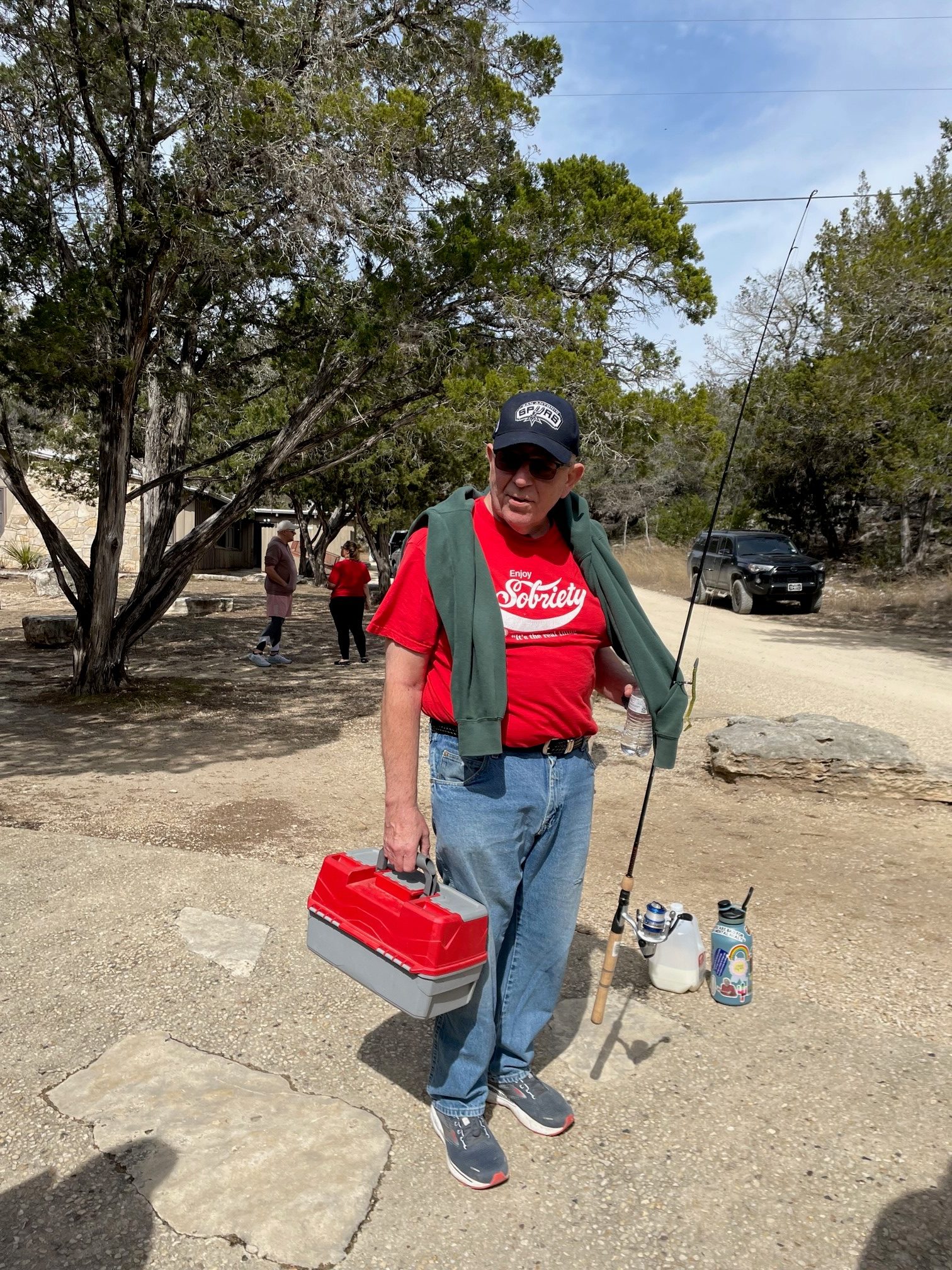
Q: What is your PhD in?
A: Health Physics. From the University of Pittsburg in 1992.
Q: You’ve earned a lot of letters behind your name. If we listed them all, how would they read?
A: Col. Eric Daxon, CRSPS, BS, MS, PhD
Q. So recovery is a family business for you. Your wife, Joanne, is part of Recovery Werks, another recovery focused organization. And she wrote a book that’s on my shelf. What was the title?
A: A New “Normal” Now
Q: And what’s the book about?
A: It’s the story of our family. When my kids were in the middle of using [substances] and just starting into recovery. It covers from about 1996 to 2000 or 2001.
Q: You once told me that back then you didn’t feel comfortable dropping your 13-year-old daughter at an adult-focused meeting like AA. Why?
A: The average age in an AA meeting is 50. Putting a 12 or 13-year-old in a room of 50-year olds just doesn’t work.
Q: Because a 12-year-old and a 50-year-old aren’t truly peers?
A: Yes. Plus, there are people in those meetings who are trying but not yet sober. If you’re drinking, you’re deadening. To make the meeting more helpful for other people and to really get the most benefit out of it yourself, you’ve got to be your authentic self. But drinking does change that. It changes your authentic self. Just smelling alcohol on someone else’s breath can be triggering as well.
Q: So instead, you brought your children to Rise Recovery?
A: Yes. And we also joined the Family Program meetings in 1996.
Q: Some people say that you can’t get sober in your hometown. Is that why you moved to San Antonio?
A: That’s not what I’ve seen. Because people that live in San Antonio for their entire lives get sober here. It’s harder, but it’s about changing people places, and things change. The people you used with don’t go to the places where you use and get rid of the things that remind you of using, and you can do that without leaving town. I mean, as soon as we showed up here, my daughter found the drug use because it’s really easy to do. And the first person she introduced me to, I think, was her drug dealer.
Q: Why do you think it’s important that the parents be in our family program?
A: So if the kids want to use, they can use, and the geographic solution just doesn’t work. The problem with minors is they can’t change their parents. If their parents are enabling, either through codependency or actually using, they can’t just say, “Well, I’m not going to hang around with my parents anymore.”
And that’s one of the reasons we want to get the parents into recovery, because they will change. They will change how they approach the kid. And so the people the kids hanging around with, he will change them when they get into recovery because they’ll just change on their own.
Q: I’ve heard a rumor that you’re working on a book?
A: Yes. It’s a guidebook for coaches working with families. So I completed a first draft, sent it to an editor, a professional editor, and she sent me 25 pages of comments. I’m working through the comments now. Hopefully sometime summer or winter, it’ll be finalized.
Q: And you put out a CD?
A: Yes, it’s called “How To Play Piano In 5 Minutes.” I thought I was supposed to sell a whole bunch. I wasn’t. No, I made the CD for one person, apparently. We ran into this lady at first Friday in downtown San Antonio. She was at a shop and she said, “Eric, I just wanted to tell you that I was going to commit suicide, but I listened to your CD, and I didn’t.”
So I was supposed to make one CD and hand it to her. Instead I made 1,000. And I still have maybe 700 left.
Q: How did you end up going from a parent in the family program to a peer recovery counselor?
A: I spent 30 years in the Army, and initially I started thinking about retirement at 20 years. I thought high school teacher sounds good. No, not a high school teacher. And then about 25, 26, 27 years, when the kids started getting sober, I thought, counselor? I could be a counselor.
What I didn’t realize at the time was God was saying, “No, I’ve got other plans for you, Eric. I want you to go off and do this research stuff with this research institute. That’s where I want you to go, and I want you to stay there until the summer of 2017.”
But I didn’t come to Rise until the winter of 2017, so I basically said no to leaving. So He laid me off. And the next week there was a free course to be what was then called a PRSS (Peer Recovery Support Specialist) now RSPS (Recovery Support Peer Specialist.) So I took the free course, started interning here, found out that, yeah, this was the right thing for me to do at this particular point in time. This is where God wanted me, and as of today, still wants me to be. So that’s why I’m here.
Q: And somehow now five years have flown by?
A: Somehow five years went by. I don’t know how that happened, but when I look back, just a lot of changes. When I first got on, we were lucky if we got one or two people at coffee. Just major changes.
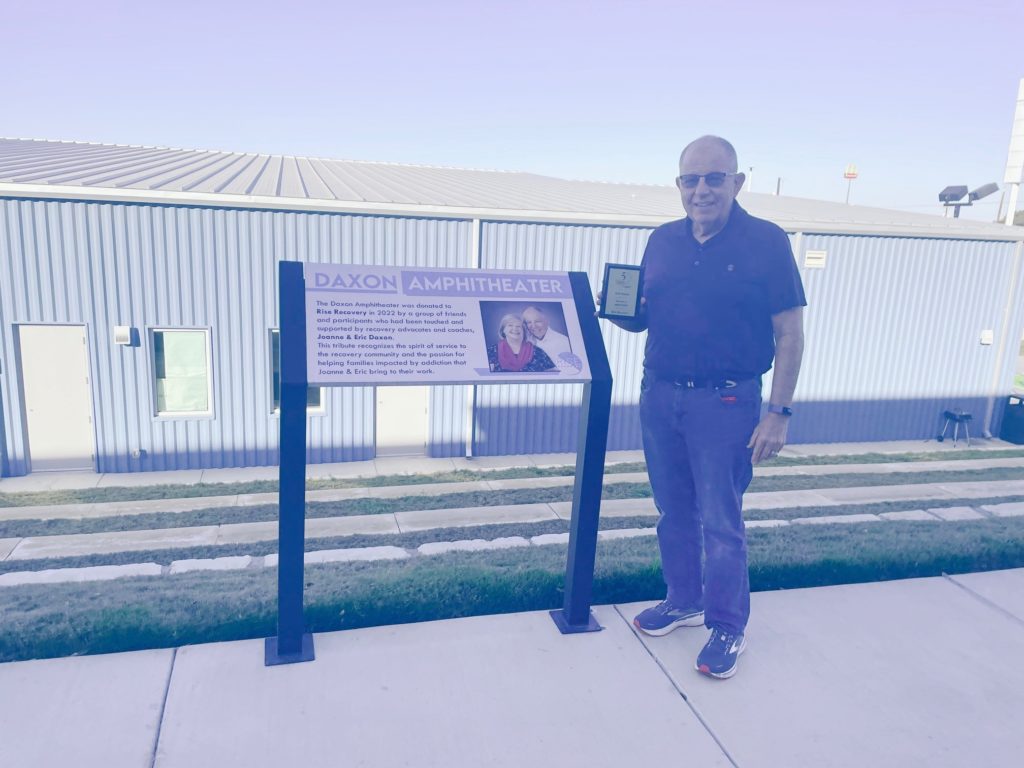
Q: One change is the “Talent No Talent Show” that you head up annually?
A: There’s one reason I’m so hot on the “Talent No Talent Show.” In 1997, I got voted to be the family group representative in the show, and I was voted in because I wasn’t there. Instead of volunteer, it was volun-told.
So I picked up a harmonica the day before, played. Sounded really crappy. I wasn’t going to play unless I could play something that sounded okay. And I found a sweet spot on the harmonica. I’ve got enough rhythm to make it sound good, so I thought, okay. So I played, tried to play “Oh Suzanna.” It was terrible. And then I played the sweet spot, and people came up and said, “Eric, that was really funny. You acted like you couldn’t play, but you can really play.”
So I kept playing, and being able to play the harmonica is one of the things that got me through the rough spots. I got something out of that really helped me, and I’m hoping that gets passed on.
Q: Why do we do these types of activities?
A: One of the things, the main thing is to teach folks how to have fun again and to let them know it’s okay to laugh. Even though I came in thinking, “What the heck is wrong with these people? They’re laughing. Drug addiction is serious.”
It is serious. But one of the cures, I guess, is learning to laugh again. For the family member. It is okay to laugh in the middle of a crisis. That’s how you build your resilience.
Recovery Lab Podcast with Kal Grant
You may already know that Rise Recovery program staff is comprised of people in long-term recovery. What you may not realize is that recovery extends to other staff members and our board members as well.
Board Trustee, Kal Grant, gave an interview on the Recovery Lab podcast earlier this week. Her powerful testimony of recovery is tempered with funny anecdotes and relatable scenarios that make this a fantastic way to spend some free time.
Please be aware that this podcast contains adult language and descriptions of lived experiences that some may find difficult to hear.
Please do not listen to the podcast if these things are offensive to you.
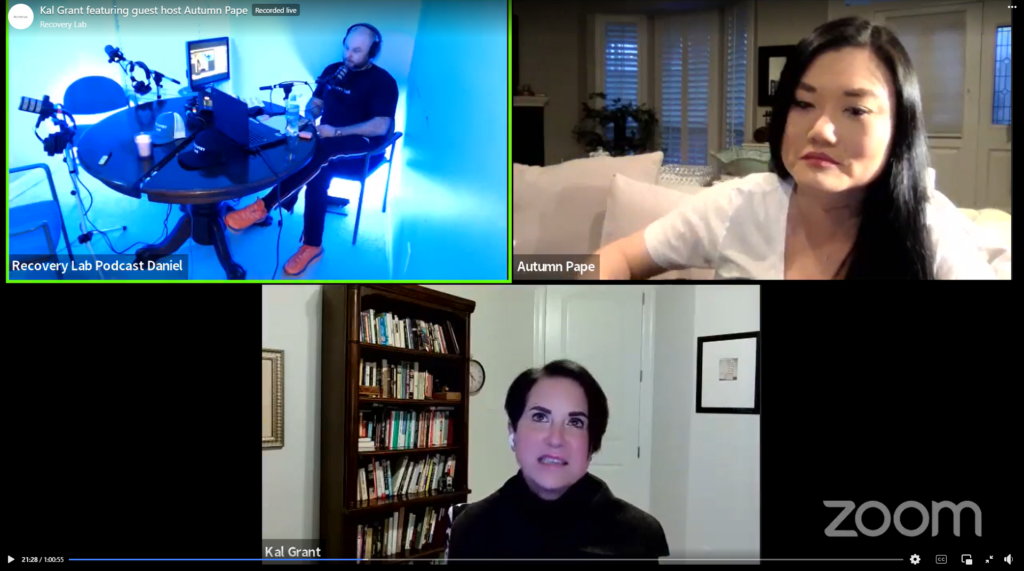
Rise Recovery Staff Spotlight: Jovan Gonzales
Jovan Gonzales works as a youth peer support recovery coach at Rise Recovery. Like all members of our program staff, Jovan is a person in long-term recovery from substance use and has an amazing story to tell.
Favorite Ice Cream: Lemon Cookie Ice Cream
Favorite Color: Yellow
Favorite Flower: Sunflower
Go-To Karaoke Song: What’s New Scooby Doo? by Simple Plan
Hobbies: Sleeping/ Powerlifting
Sobriety Date: June 12, 2021
Q: What’s a normal day at work like for you?
A: Chaos! As a member of the youth program staff, my day starts at 4:30 PM after our recovery high school, Rise Inspire Academy, ends their day. Usually, about eight students hang out after school, before we start the evening group meetings. Those three or so hours between school and meetings we spend hanging out with the youth. Keeping them engaged. Letting them be teenagers. There’s always something going awry or some drama going on. I listen, offer solutions, or sometimes just hear them out. So often, our participants don’t have a lot of experience with just being heard. They are always being directed or told how to navigate the situations they encounter every day. So it’s nice for them to just kind of let it all out. After that, we have our APG (Alternative Peer Group) meetings.
Q: What happens at an APG meeting?
A: I remember the very first one I ever attended before I was officially a member of the Rise Recovery staff. I was technically just kind of volunteering then. Auditioning for the role. The way the youth are able to articulate their wants and needs in these situations really surprised me. I remember when I was 15, 16, 17 years old and not able to articulate the way these kids do. So now, to be in a room of teenagers who can clearly convey the situations they are experiencing and how it makes them feel, is a really unique experience. After the meetings, we have a whole lot of fellowship (social time with peers.)
Q: What is a goal for you when it comes to the youth you work with at Rise Recovery?
A: I feel one of the main things I strive for at Rise is to create a safe and secure environment for them [youth participants] to feel seen and heard. I strive for that every day because I never had that growing up. I think it’s really important. Listening is a huge aspect of what we do. If the youth don’t trust us, if they don’t share with us, then we can’t help them.
Q: Do you hold activities? When and where?
A: We hold activities on Fridays and Saturdays. Depending on the weather, we may go off campus or stay on site. The focus of our activities is to show the youth participants how to have fun again without the use of substances in a secure environment around people who want to stay sober. Our activities sometimes offer unique experiences our youth may never have had before. For example, we did a candle-making activity once. And we had a new participant who hadn’t really been interacting in our meetings. However, during the candle-making activity, they got curious and watched with wide eyes. They really participated and stayed engaged with the activity which allowed the new participant to start interacting with their peers for the first time. After that activity, the new participant started opening up and was more receptive to sharing in groups. They started staying after the meeting to participate in fellowship. So the activities are fun, but they also provide a low-stakes opportunity for youth to engage with the staff and each other; to integrate into the recovery community in a low-stress situation.
Q: What’s your favorite part of the job?
A: PTO! [Paid Time Off] It’s the first time I’ve had a job that offered PTO. But, I don’t think there’s a specific part that’s my favorite. I know when I was still on probation, as I was finishing probation, that I wanted to do some kind of recovery coach position. I was looking at Lifetime Recovery and another one I was considering. Then Rise really just kind of fell into my lap. A former employee made a post on Facebook asking if anyone was interested in this position. I remember seeing it and thinking, “That’d be super dope! But it couldn’t be me.” Then 20 minutes later, I thought, “I’m going to reach out.” The next day I did a phone interview. Two days after that I came to the campus to see how things go and if I meshed well with the youth and other staff. That was a unique experience for me. I knew I wanted to do something in the recovery field, but I never, NEVER, expected to be working with teenagers. As intimidating as it was originally, looking back I try to give a lot of what I didn’t have growing up. I think that’s kind of my favorite part: to be for someone else what I didn’t have.
Q: What’s the hardest part of the job?
A: I think the hardest part of the job is when a youth comes in having a really hard time, but they aren’t yet willing to accept help. There are some youths who come to us but are content with maintaining their current lifestyles. They have no intention of changing or getting help truly. It’s really disheartening when they tell you the stories and things that they’re going through, you give them a handful of solutions and options, and they refuse to consider it. Then they come back later after having these negative experiences, new traumas for them. It’s really difficult when they’re here, but they’re refusing to accept any kind of guidance.
Q: You submitted a picture of yourself with your siblings. What do you think your impact is on them as it relates to the work you do?
A: I feel, living in the home, I might have a more significant impact. But I also have to consider the negative impact that my substance use had on them. By doing the work that I do now and mainstreaming my own recovery and sobriety, I can be a positive influence for them. I know when I was still using, there were certain points when I was living at home with my family, and I would have relapsed the night before. My main concern was to keep it from the kids because I didn’t want them to know. For one, because of shame and embarrassment, and for two they were just really young and didn’t need to know. So now, being able to be sober and in recovery, I’m able to go be a functioning, productive member of not only my community but my family.
Q: Are you proud of where you are now?
A: Yeah. If you had asked me a year ago where I’d be, this wouldn’t be it. At this point a year ago, I was still on probation. I was still in sober living (privately owned homes for people recovering from drug or alcohol issues.) I was just over six months sober and still kind of struggling. I was working at a restaurant which I really disliked. I was working on the steps, gaining trust, and rebuilding relationships. In the year since I graduated from the probation program. I am done with sober living. I have my own apartment. I work out. I have pretty great relationships with a lot of people that I didn’t stay in touch with for a long time. It’s all coming together.
Q: What does the future hold for you?
A: I intend to stay at Rise for a fat minute. But I want to go back to school and get my Masters Degree in Family Therapy. That’s probably going to be ten years before I finish. One of the things about substance use is that you have to rebuild your emotional and social skills again. Once you start using substances, they stop developing. Now I’m just trying to figure out how to be an adult. It’s the first time I’ve lived by myself. I have bills under my name! I spent a lot of years in my substance use disorder, and now I’m just taking time to really figure out what it means to be a person, an adult. Be responsible. That’s really cool.
Q: Any last thoughts?
A: I always tell the kids to be good, or be good at it. And they tend to be very bad at it. So I advise them to be good.
The Knot: Volume 1 Issue 2
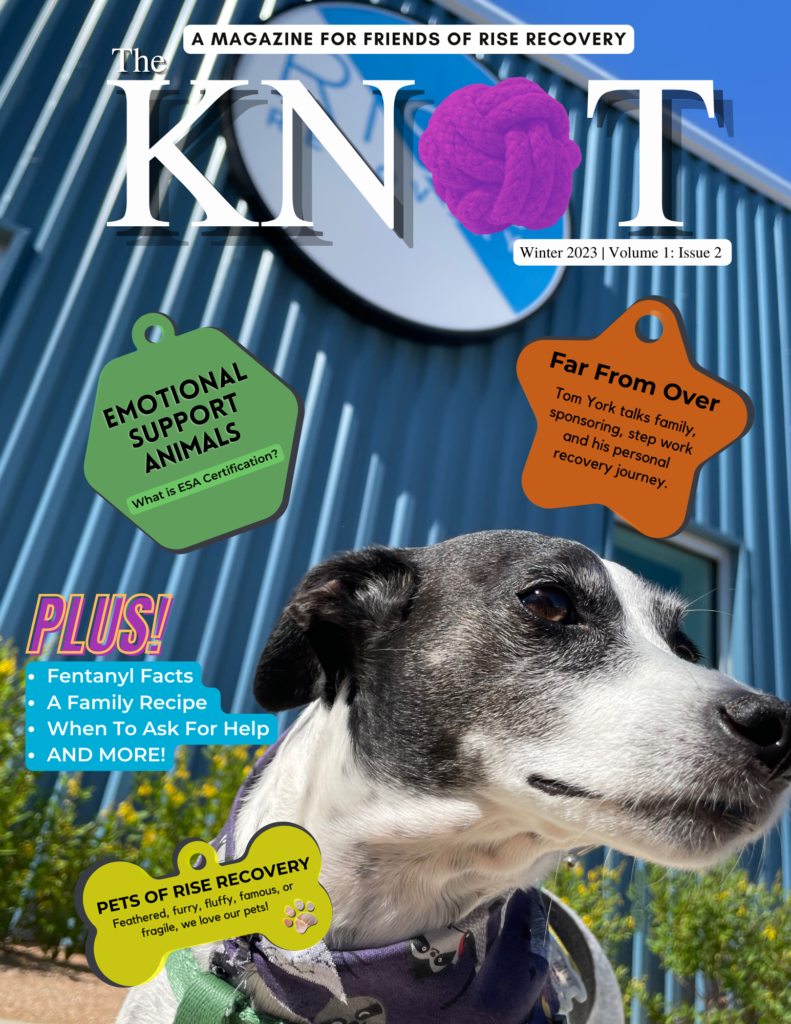
Rise Recovery is grateful for our Friends of Rise Recovery: a group of donors making monthly donations that sustain our mission. Monthly donors receive a special perk: our new quarterly magazine, The Knot.
Read the winter issue here: Volume 1 Issue 2
Monthly donors will receive a physical copy of the magazine in their mailboxes soon. If you would like to become a Friend of Rise Recovery with a monthly donation, please follow this link below to sign up!
Become a Friend of Rise Recovery Today!
Rise Recovery Staff Spotlight: Bea Blackmon
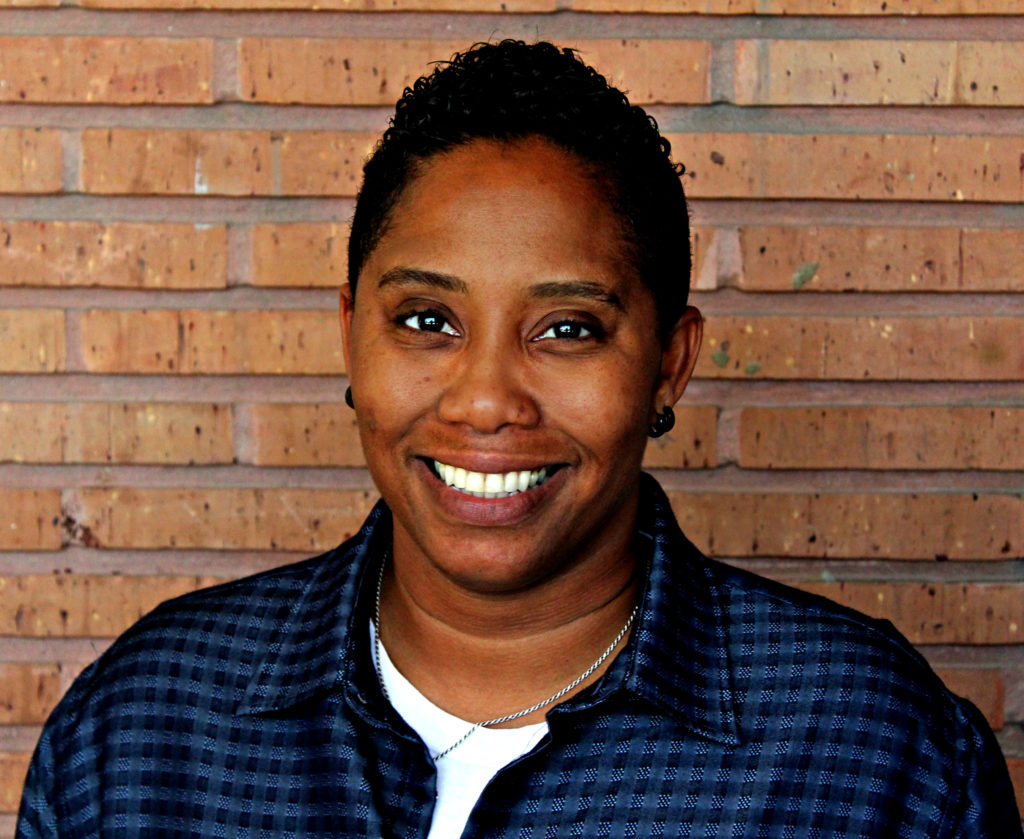
Bea Blackmon’s career with Rise Recovery started unexpectedly. As she prepared to start an internship at a different organization, Bea learned that the internship had been abruptly canceled. With nowhere to start, she turned to her former program director, Shelly who had told her if she needed anything to let her know. One phone call changed her entire career trajectory.
Starting as an intern for Rise Recovery, Bea climbed the ladder to being a peer coach for the juvenile probation program to Youth Recovery Community Center (YRCC) manager. Now Bea is our program administrator for the first recovery high school in San Antonio, Rise Inspire Academy (RIA.)
What made you feel that it was necessary for our community to have a recovery high school?
For a while, I worked with the YRCC program going out to the schools and working with the youth in the evening. Through our Alternative Peer Groups (APG) groups, I saw how difficult it was for them, being in the school environment; It’s challenging. By the time they saw us in the evening, it was like they were just like exhausted. I wanted to know what we could do to help make recovery easier for them.
I wound up attending a conference for a program I was a part of, the association of recovery in higher education, through our Lady of the Lake University. While there, I ran into Tanya Jopling, who works in juvenile probation for Bexar County. We heard about Archway Academy in Houston from their executive director, Sasha. As we were listening about this recovery high school and its framework, we both knew that we needed something like this in San Antonio and went to work to make it happen.
I knew it was vital that we had something like this for adolescents. It resonates with our mission and goal. I wanted to see what we could do to bring this to fruition. We knew the need was there; it’s always been there, but more about how we make it happen. Rise Recovery had the recovery piece, but we needed someone to do the educational part, where Braination came into play. The next thing we knew, we were starting a recovery high school.
As a Vice Chair of the Association of Recovery Schools, where do you hope to see recovery high schools like RIA in the future?
To not only be funded but also be a staple of education and a continuum of care. The care continuum needs to be reviewed in partnership with the adolescent’s education. That’s what our students and participants need. Recovery high schools offer so much when it comes to their growth and coming into adulthood.
One of our students reached one year of sobriety, and I remember when he first came to us. His journey has been beautiful to watch.
As someone who believes in advocacy, self-determination, and continuous empowerment for those you help, why is it essential to be a resource for those in recovery?
You know, I meet so many people, whether adults, adolescents, or parents, who don’t know that recovery even exists. It just blows my mind, but I understand it as well. Because I think about when I was growing up, I had no idea any of this stuff existed. So being able to share that with others, advocate it, talk about it and bring it to the forefront because you don’t know what you don’t know. The more we’re able to reach those who need it, or maybe they might not need it right now, perhaps they will need it later. Or they could pass that information on to someone who does.
We talk about how in every household, there’s one of us. Somewhere, every family has a person that experienced an issue with substances. There’s a loved one who’s hurting from someone who’s experiencing issues with substances. So, having and knowing that information is power. It’s important to me to be able to advocate for those. I’ve seen people going through the struggle, going in and out of a system. They’re not getting the healthcare and support they need because it’s [substance use disorder] looked at more criminally than as someone who needs help. It’s a health factor, you know? It’s a disease. It’s an issue with the disease. It’s chronic. It’s a progressive illness, and it should be treated as such.
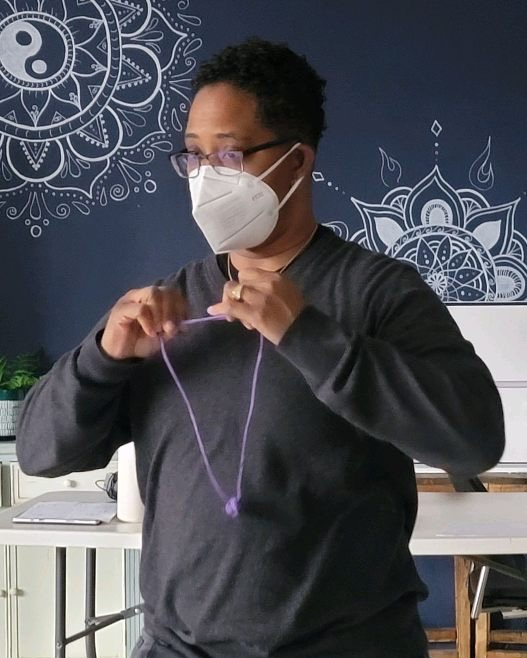
What would you like to see in the recovery community in the future?
I’d like to see more of a system for adolescents. It feels as though people don’t think adolescents need to detox too. There are no systems for them as they now have for adults. They need a place to detox and stabilize where they go into treatment and then have that continuing care. There are quite a few adolescents that do need sober living or need an environment outside of where they’re living now. A place to get that start that they need and understand that recovery doesn’t happen in 30, 60, or 90 days. You know it’s a lifelong journey.
It’s not pretty; they forget and don’t want to do it. They come back, but a seed is planted. And I’ve been working with quite a few people; kids that call me like three, four years later, you know. I’ve been here for five years now. Every person I’ve ever worked with who left Rise Recovery has either asked for help or reached out or gotten back into recovery. I think that right there is the most important thing to remember: who we are and what we do. And that’s the plant to see for growth. It’s just essential to remember that.
What is your favorite thing about working with RIA?
I would say the students. The students that we have are students that would not be in school otherwise. They wouldn’t; I’m serious. I get multiple texts, or I’ve talked to parents that said, “Oh my God, like my kid actually wants to get up and go to school.” They’ve never had that. They get up and go to school. They want to be here. And they never had that before. That’s probably one of the coolest things. The fact that these kids want to be here, you know? They want to be here, and for themselves. They are trying, and just getting up in the morning is a victory. Being here is a victory. They could be doing other things, but they’re not. They want to do something different.
I got a call from a young lady that I was trying to get in here last year. And she wasn’t ready. She called me and says, “I can’t do this anymore, and I’m ready. I’m ready. I need help.” And that was awesome. Yeah. Wow. I can’t explain that feeling. She’s here now, and I’m happy for her. I know she’s been through a lot. So, to see those awakenings and the kids light up is remarkable.
What advice would you give someone starting in their recovery journey?
Don’t stop. Keep going, and don’t stop. Don’t stop until the miracle happens. Keep going and don’t stop. Ask for help. You see, I found out that I couldn’t do this thing alone. That’s the biggest thing. You cannot do this thing alone. Find your tribe, your five. The five people you’re surrounding yourself with that’s the direction you’re going.
Rise Recovery 2022/23 Speakers Series: Judge Tom Stolhandske
The fourth speaker for Rise Recovery’s 2022/23 Speaker Series arrived on Friday, December 3 to enlighten our attendees about the ins and outs of drug court and introduce us to one of his graduates, Cherise.
Rise Recovery Staff Spotlight: Ian Boarnet
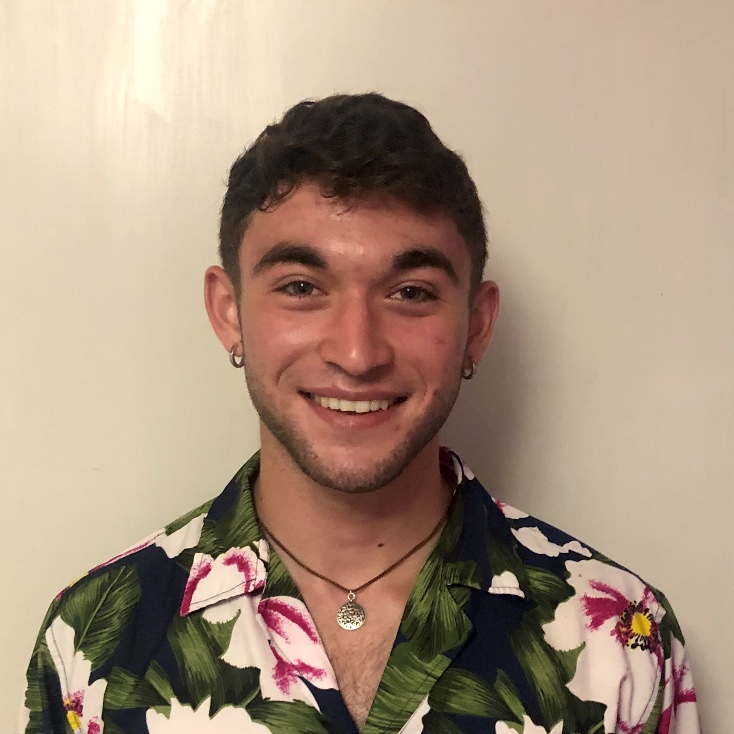
Peer Recovery Coach for Rise Inspire Academy
Rise Recovery’s Ian Boarnet, RSPS, sat down with us to talk about his journey going from participant to staff member, life as a Rise Inspire Academy (RIA) youth peer recovery coach and what it means for him to tell his story to the youth.
So, tell me about yourself and what you do at Rise Recovery?
I am a peer recovery coach for our recovery high school which means I use get to use my experience of getting sober at Rise Recovery to show the people that recovery is possible and perhaps will help lead them to recovery.
Can you talk about your experience with Rise going from participant to staff member?
So, I had been living in Austin before I went to being a staff member for about a year and a half prior before starting at Rise. It was weird because I was separated, but not too much. It was cool being on the other side of things (going from participant to a staff member) and being able to pass on what wisdom was given to me.
What type of legacy do you want to leave here at Rise when it comes to the RIA program?
I hope the students are able to learn a thing or two about me and the tools I used to stay sober.
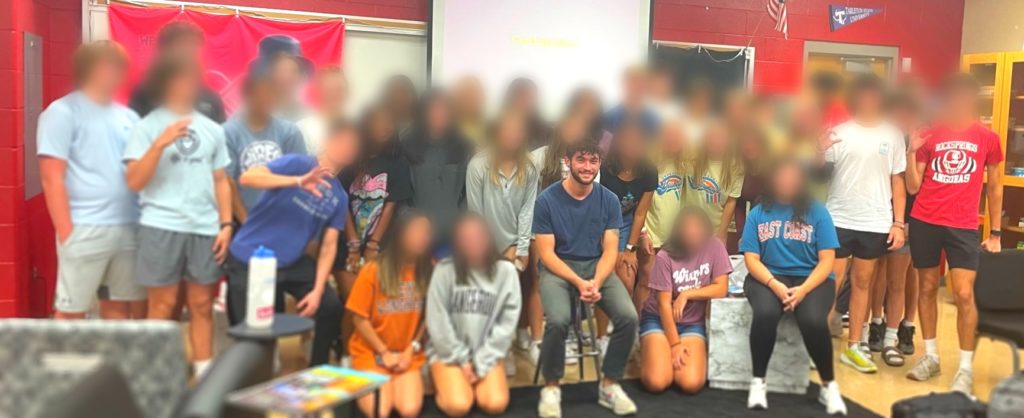
What type of advice would you give a student who’s starting at RIA?
Stay honest, open-minded, and willing. Remember that we’re here to help you and that you’re loved the second you walk through those doors.
What do you think makes the RIA program so unique to Rise?
When I was a group member here it was when Bea (staff profile) was starting the recovery high school. When RIA started, it provided the opportunity to bring what Rise does to a school setting which, in my opinion, is very important for teenagers to have that resources. Adults have sober homes, but teenagers need something like a recovery high school because most teens spend more time at school than they do at home.
What is your favorite thing about working with RIA?
I’m able to be a part of something that I wish I had.
What advice would you give someone starting in their recovery journey?
Recovery is not something you do on your own. No one gets sober by running off of their own ideas. We get sober by finding someone who has what we want and by doing what they did.
What advice would you give someone wanting to work in the recovery field?
Continue to work on your recovery; continue to stay sober. People don’t hire us for any fancy degree, they hire us for the knowledge we gain through our own experience.
